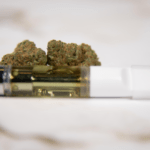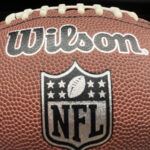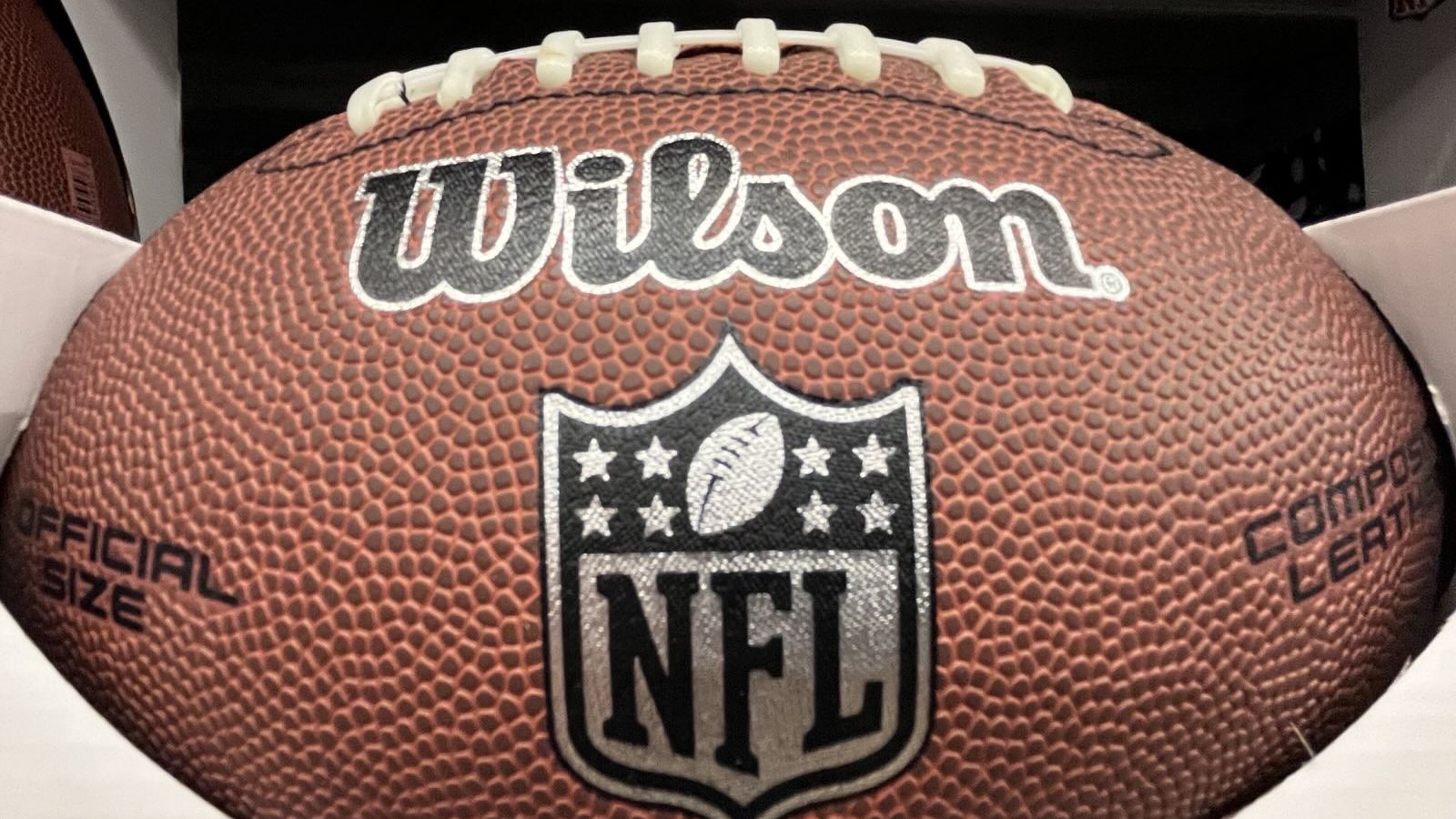When it comes to vape oil use in professional sports, there’s no universal standard. Each major league and governing body has taken its own approach—some relaxing long-held bans, others maintaining stricter stances tied to global anti-doping rules. What’s clear, however, is that attitudes toward cannabis and THC vaping have shifted dramatically in the past decade.
In the NBA, cannabis is no longer prohibited under the current collective bargaining agreement. The league formally ended random marijuana testing, a policy change that began during the pandemic and became permanent in 2023. Players are even permitted to invest in cannabis and CBD ventures under certain guidelines, a far cry from the zero-tolerance days of the early 2000s.
The NFL has followed a similar path of reform. Under its latest collective bargaining agreement, testing for THC is confined to a short preseason window, and the threshold for a positive result was significantly raised. Instead of suspensions, players who test positive may face fines—a clear signal that the league now treats cannabis use more as a health and wellness issue than a moral or disciplinary one.
Major League Baseball took one of the biggest steps when it removed marijuana from its “drugs of abuse” list in 2019. The league now handles cannabis use similarly to alcohol, prioritizing treatment and education over punishment. However, players are still prohibited from using cannabis at team facilities or engaging in conduct that could bring the league into disrepute.
The NHL’s stance is unique in its health-centered focus. While the league does test for cannabis, elevated THC levels typically trigger a referral to the NHL/NHLPA Substance Abuse and Behavioral Health program rather than an automatic suspension. This model emphasizes player care and mental health over public reprimand.
Combat sports and mixed martial arts organizations, such as the UFC, continue to evolve. After ending its partnership with USADA in 2023, the UFC launched a new anti-doping program that de-emphasized cannabis as a banned substance. The organization has stated that THC is not considered a performance-enhancer and will only discipline athletes if there is clear evidence of in-competition impairment. Still, state athletic commissions retain authority during sanctioned events, meaning rules can differ depending on where an athlete competes.
For athletes who compete internationally or participate in Olympic-affiliated sports, the World Anti-Doping Agency (WADA) still maintains stricter policies. THC remains prohibited in-competition above a defined urinary threshold, though CBD use is permitted. WADA’s policy aims to balance fairness and safety while recognizing the global debate over cannabis’s place in modern sports medicine.
Taken together, these differing approaches paint a clear picture: professional sports are moving away from punitive measures toward more individualized and health-conscious policies. While the NBA, NFL, MLB, and NHL have embraced more lenient frameworks, global and combat sports remain cautious due to regulatory complexities and international oversight.
For athletes, this patchwork of rules means understanding their league’s policies—and when testing windows occur—is essential. Vape oils, particularly those containing THC, can remain detectable for varying durations depending on product potency, body composition, and frequency of use. What’s permissible for an NBA player might still lead to sanctions for an Olympic hopeful or fighter competing under a state commission’s jurisdiction.
As public perception continues to shift and more states legalize cannabis, professional leagues are likely to keep adjusting their stance. For now, the message is clear: athletes have more freedom than ever before, but that freedom comes with the responsibility to know the fine print of their sport’s evolving policies.
Sources





